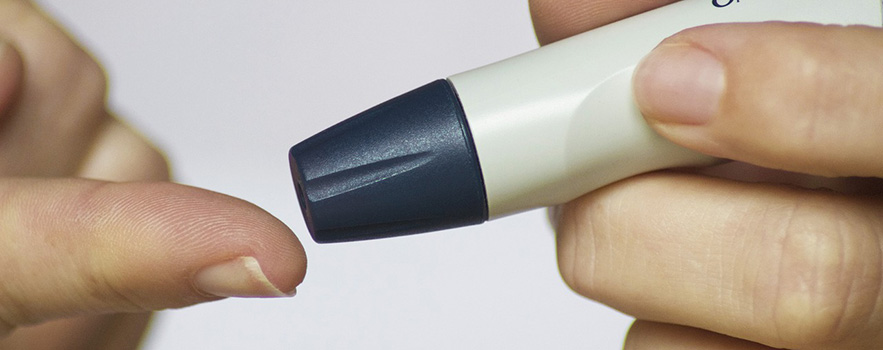Over 5 million people in the UK have type 2 diabetes, and millions more are at high risk. Losing weight can have considerable health benefits for people living with type 2 diabetes. It can improve average blood sugar and reduce the risk of heart disease.
What options are currently available?
Previous studies have shown that formula diets—where all meals are replaced with a very low-calorie formula diet —can lead to substantial weight loss and diabetes remission. Bariatric surgery and new obesity drugs can help people lose even larger amounts of weight and can reduce risk of heart attack and stroke. However, these treatments are expensive and require specialist care, limiting the number of people who can access such treatments. These treatments may also not be suitable or acceptable to everyone.
Behavioural weight management programmes focus on helping people change their eating and exercise habits. Recent trials show that commercial weight management programmes (like Weight Watchers) can deliver lasting weight loss and health improvements for people with obesity and type 2 diabetes and are cost-effective.
However, at present, most people with type 2 diabetes in the UK receive only general education about diabetes. There is little evidence that this education alone improves blood sugar levels or leads to long-term weight loss.
Clinical trial provides new insights
The GLoW study, led by Dr Amy Ahern, Professor Simon Griffin, and other researchers from the MRC Epidemiology Unit at the University of Cambridge, set out to test whether a new programme that combines personalised diabetes education with a commercial behavioural weight management programme could improve health outcomes for people with a recent diagnosis of type 2 diabetes. They also evaluated whether the programme would be good value for money for the NHS.
The study team recruited 577 adults with overweight or obesity who had been diagnosed with type 2 diabetes within the past three years. Participants were randomly assigned to one of two groups:
In the intervention group, participants received access to the ‘Live Well With Diabetes’ programme. This included diabetes education delivered via two phone calls with a registered dietitian and six months access to Weight Watchers (WW), a behavioural weight management programme that offers weekly group meetings and digital resources like an app. In the standard care group, participants attended “DESMOND,” a six-hour diabetes education workshop led by a registered dietitian.
The new programme didn’t improve average blood glucose, but helped people lose weight
At the 12-month mark, there was no significant difference in average blood sugar levels (HbA1c) between the two groups. However, weight loss was greater in the intervention group, with participants losing 1.97 kg more than those in the standard care group at six months, and 1.46 kg more at 12 months.
Participants in the intervention group were more than twice as likely to achieve diabetes remission at six and 12 months compared to those in the standard care group, though this finding should be interpreted with caution given the researchers did not find a difference in HbA1c.
Should the NHS offer commercial behavioural weight management programmes to newly diagnosed type 2 diabetes patients?
Dr Julia Mueller, who is based at the MRC Epidemiology Unit and led the analyses of the study, said:
While the tailored diabetes education and behavioural weight management programme did not lead to better blood sugar control than standard diabetes education, it did support greater weight loss.”
Dr Penny Breeze from the University of Sheffield, who led the economic evaluation, added:
The programme was more expensive than standard care, but when we projected the long-term impact on health and healthcare costs, the results suggested that investing in this type of programme could offer better value for money over a lifetime.”
For people newly diagnosed with type 2 diabetes, a structured programme that includes both education and behavioural weight management could provide a valuable tool for improving health outcomes.
References
Mueller, J., Breeze, P., Fusco, F., Sharp, S. J., Pidd, K., Brennan, A., Hill, A. J., Morris, S., Hughes, C. A., Bates, S. E., Pollard, D., Woolston, J., Lachassseigne, E., Stubbings, M., Whittle, F., Jones, R. A., Boothby, C. E., Duschinsky, R., Bostock, J., … Ahern, A. L. (2025). Glucose Lowering through Weight management (GLoW): a randomised controlled trial of the clinical and cost effectiveness of a diabetes education and behavioural weight management programme vs a diabetes education programme in adults with a recent diagnosis of type 2 diabetes. Diabetologia. https://doi.org/10.1007/S00125-024-06355-6

 MRC Epidemiology Unit
MRC Epidemiology Unit